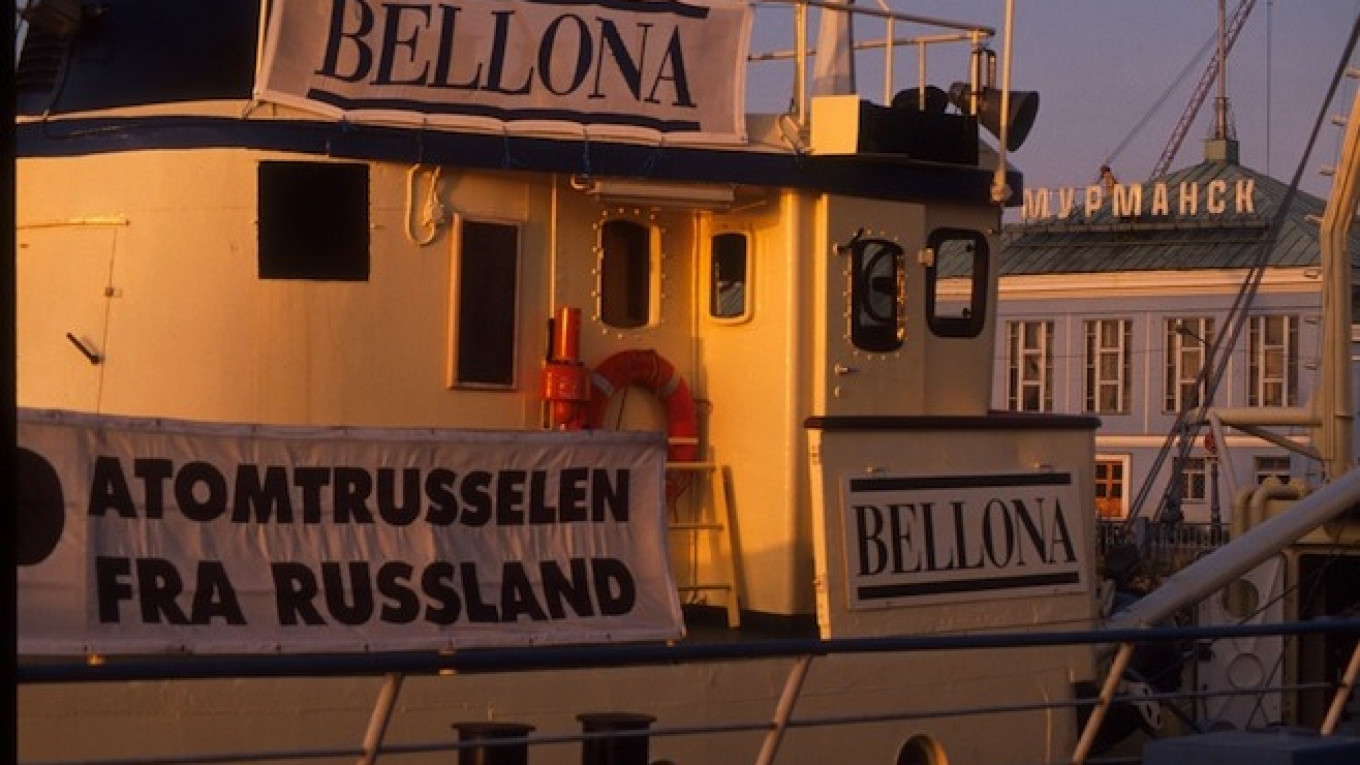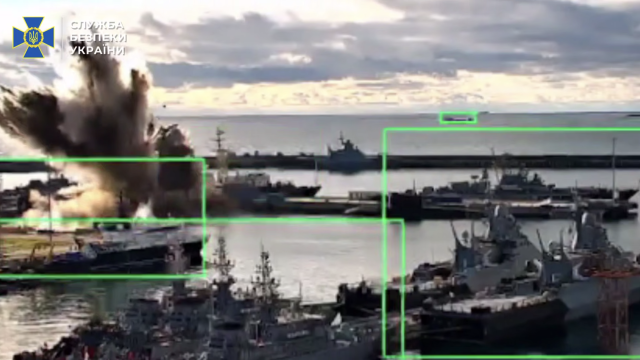Bellona Murmansk, a Russian branch of the Norwegian environmental organization, has closed down but hopes to re-establish itself soon in a new legal form, the NGO said on its website this week.
“Bellona Murmansk will continue its work under a different kind of bureaucratic structure that will free it from the yoke of being branded a foreign agent,” Bellona's executive director Nils Bohmer was cited as saying.
The Murmansk branch was declared a “foreign agent” in March 2015 by the regional Justice Ministry under a 2012 law that requires all NGOs to label themselves as “foreign agents” if they receive funding from abroad and engage in vaguely defined political activities.
During an unscheduled inspection, officials identified political activity within a Bellona Murmansk report on industrial pollution in Russia's northern Barents region, Russian media reported.
The “foreign agent” status was questioned soon afterward by Russia's Civic Chamber secretary Alexander Brechalov. In a June interview with the Kommersant newspaper, he said the chamber was looking into whether regional authorities were attempting to use the “foreign agent” label to influence Bellona Murmansk's activities.
Bellona was founded in Norway in 1986. Its office in Russia's northwest city of Murmansk opened in 1994, and soon after found itself at the center of an espionage scandal after it published a report on the radiation dangers presented by decaying Russian nuclear submarines.
One of the report's authors, retired submarine officer Alexander Nikitin, battled espionage and treason charges for several years before he was finally acquitted.
A Message from The Moscow Times:
Dear readers,
We are facing unprecedented challenges. Russia's Prosecutor General's Office has designated The Moscow Times as an "undesirable" organization, criminalizing our work and putting our staff at risk of prosecution. This follows our earlier unjust labeling as a "foreign agent."
These actions are direct attempts to silence independent journalism in Russia. The authorities claim our work "discredits the decisions of the Russian leadership." We see things differently: we strive to provide accurate, unbiased reporting on Russia.
We, the journalists of The Moscow Times, refuse to be silenced. But to continue our work, we need your help.
Your support, no matter how small, makes a world of difference. If you can, please support us monthly starting from just $2. It's quick to set up, and every contribution makes a significant impact.
By supporting The Moscow Times, you're defending open, independent journalism in the face of repression. Thank you for standing with us.
Remind me later.






